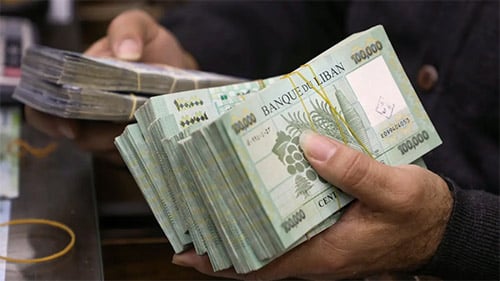
LONDON, Sept 26, 2024 (BSS/AFP) - The European Bank for Reconstruction and Development said Thursday that it expected Lebanon's economy to decline further in 2024 because of geopolitical turmoil.
Lebanon's economy will contract by one percent in 2024, the EBRD predicted, heavily revising down its estimation made in May that the struggling economy would grow slightly.
Israel's war in Gaza has already impacted neighbouring countries economic growth and fighting is now heighteneing in Lebanon.
"Any escalation will certainly weigh down on growth," Beata Javorcik, the EBRD's chief economist told AFP.
The country, already facing difficult economic conditions and sky-high inflation, has lost more than 40 percent of its GDP since 2018, the bank said in a report.
It added that "political impasse and stagnant progress on critical reforms continued to hold back recovery."
Meanwhile in the midst of Russia's war on Ukraine, the Russian economy grew 4.7 percent in the first half of 2024, as the price of the country's oil exports offset the impact of Western sanctions.
"The price of Russia's oil exports is estimated to have increased by more than 10 per cent year on year and trade with non-sanctioning economies has been strong", the bank said, pointing to China as a key driver of the country's economic growth.
The EBRD expects the 2024 full year growth to be 3.6 percent, revising upwards it's estimation made in May by 1.1 percent.
However, Javorcik told AFP that "next year there will be a significant slowdown" in the country's growth as there are signs that the Russian economy is "overheating".
The EBRD was founded in 1991 to help former Soviet bloc nations embrace free-market economies, but has since extended its reach to the Middle East and North Africa.
The economies of the countries in which the EBRD operates are expected to grow by 2.8 percent this year, slightly less than the bank previously estimated.
It attributes this to "a weaker outlook for advanced Europe, stagnating mining output in Kazakhstan and Uzbekistan, the ongoing conflict in Gaza and Lebanon and severe droughts in Morocco and Tunisia."